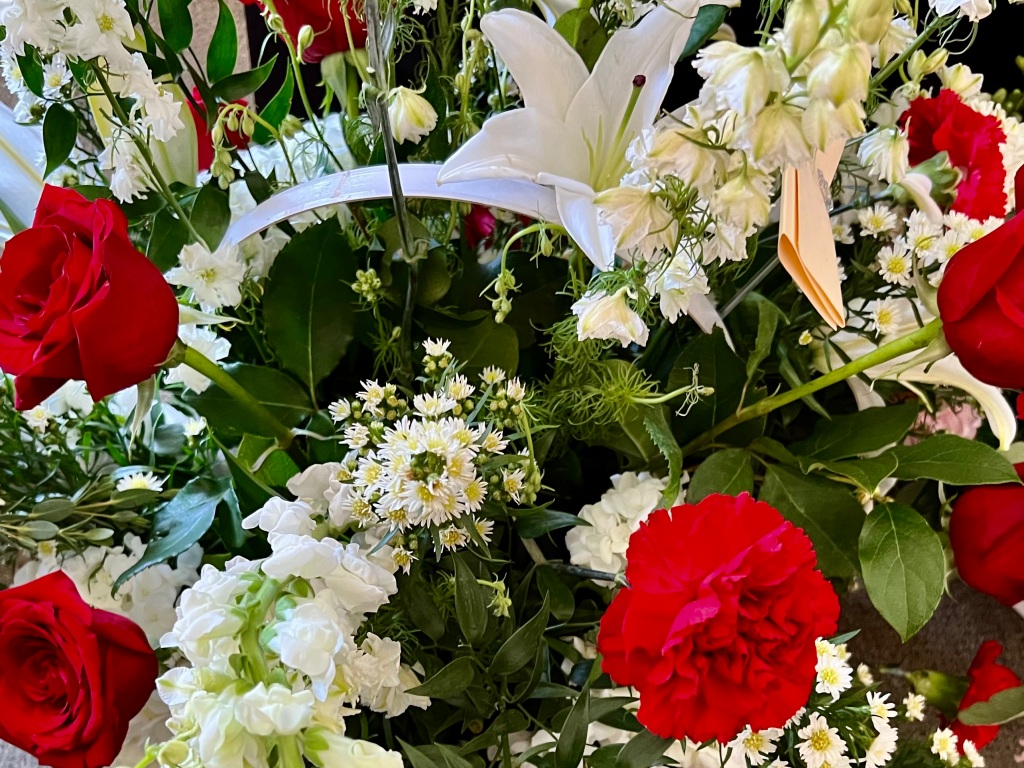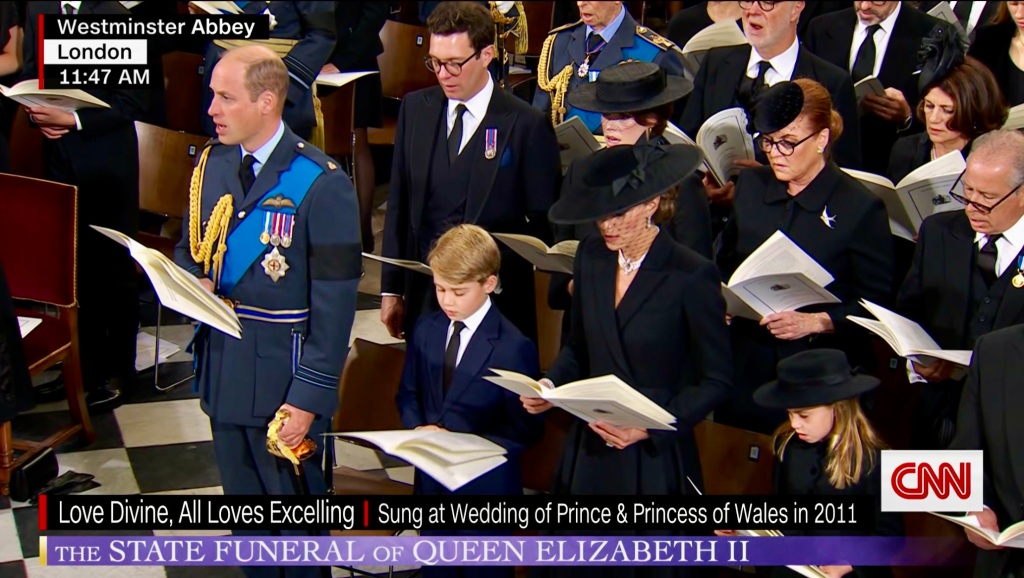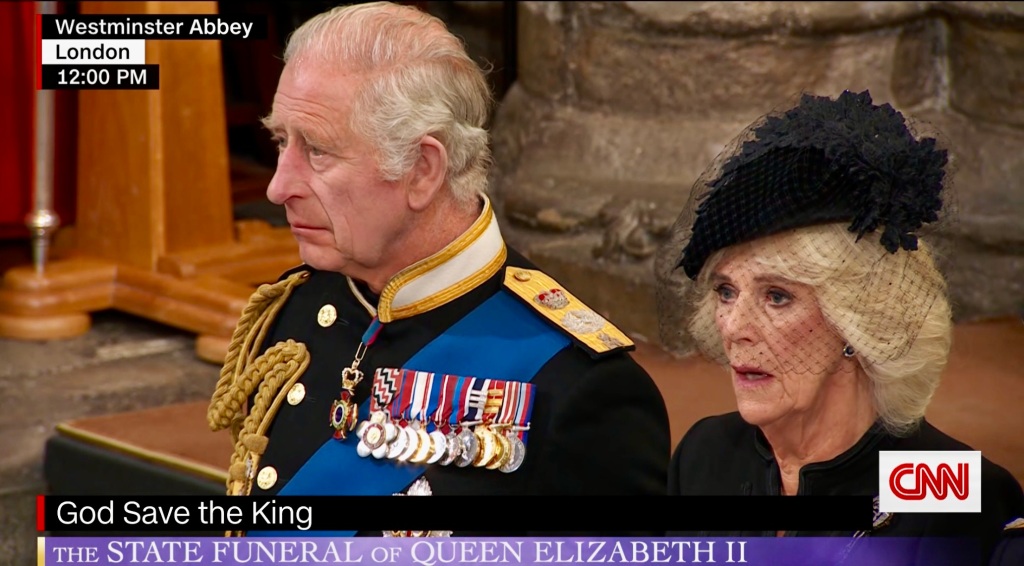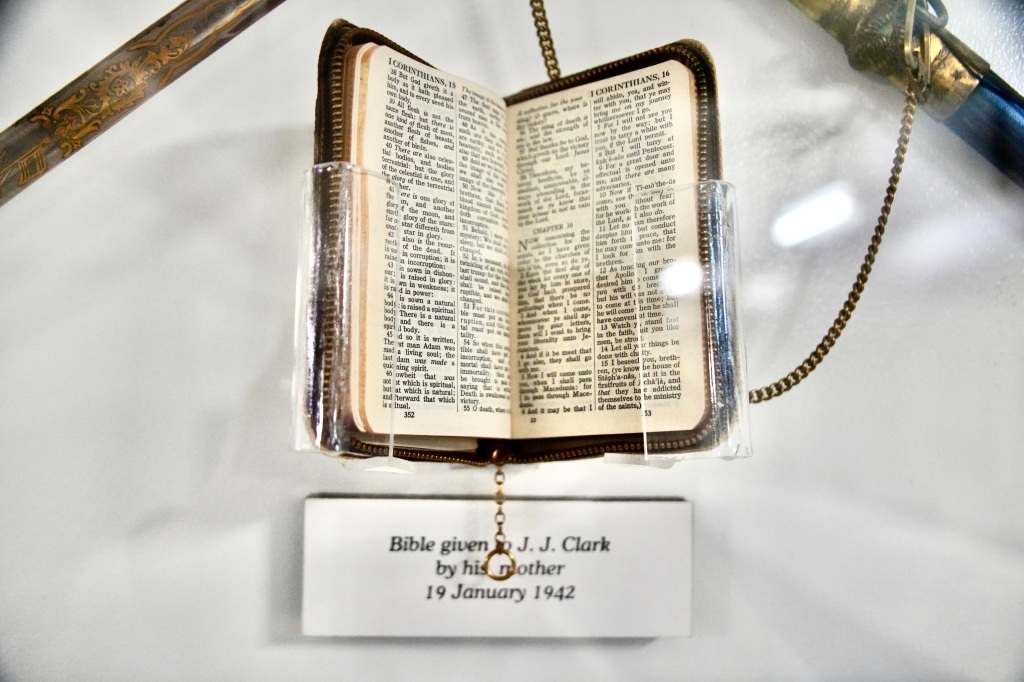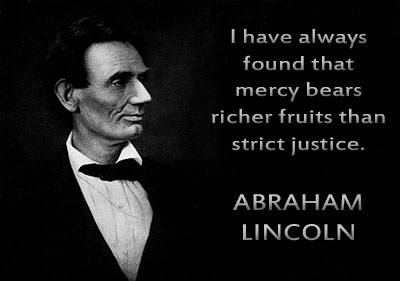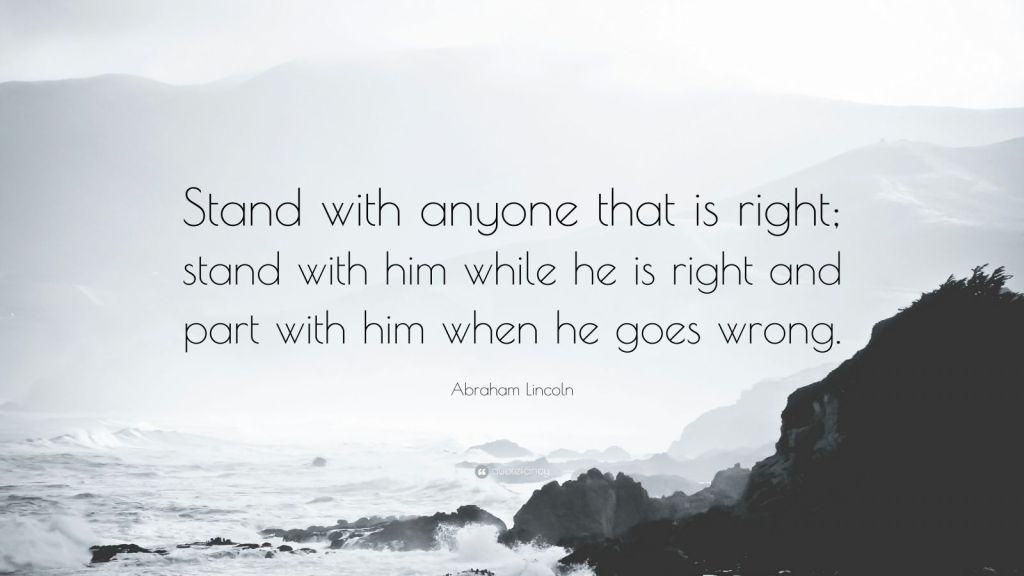Pretty much everybody who’s grown up in Michigan knows the name “Jim Harbaugh, ” especially those of us who were living in Ann Arbor between 1982-86 when Jim was the University of Michigan’s star quarterback.
Bo Schembechler, head coach of the Michigan Wolverines from 1969-1989
As a graduate of the University of Michigan and a medical school resident there at the time, Alan was a true fan. I didn’t know too much about football, but I joined everybody in being wild with excitement the day Jim led the Wolverines in a 34-17 victory over the University of Wisconsin. That was the day Jim broke his own record with 310 passing yards and gave everybody’s favorite coach (Bo Schembechler) his 200th career victory!

I think about 99.9% of the Michigan fans were delighted when Jim Harbaugh came back to become the University of Michigan’s head coach in 2015.

There’s been a lot of chaos between then and now, including smears and scandals, and I have no clue what the truth is behind all the charges, but everybody celebrated when Michigan’s Wolverines whomped Alabama’s Crimson Tide 20-27 to win the 100th Rose Bowl Championship on January 1 this year!

And, a lot of Michigan fans were over-the-moon happy (and hoarse) when Michigan beat Washington in a 34-13 victory that gave them the 2023 National Championship title last week (January 8, 2024).

To be honest, I most admire men and women who love well, work hard, and live godly lives of integrity, so although I was pleased to hear that Michigan won the national title this year, I was thrilled to hear Jim Harbaugh give a clear witness to his love for God and his firm belief that trying to live for Christ is his highest priority. The line is famously, “Faith, then family, then football.” Thank you, Jim Harbaugh, for standing up for all that Christ means to you in the midst of a world where fortune, fame, and football would be the natural drivers in your life. May you live out your high calling, and I hope you and your team continue to grow stronger and better year by year!
“But grow in grace, and in the knowledge of our Lord and Saviour Jesus Christ.
To him be glory both now and for ever. Amen.” (2 Peter 3:18)
Photo Credits: Bo Schembechler, Public Domain; Jim Harbaugh, Maize and Blue Nation (Wiki Commons); Rose Bowl photo by Getty found on Daily Citizen, “Coach Jim Harbaugh Shares Why Jesus Christ is a ‘Key Figure’ in His Life,” January 3, 2024 by Zachary Mettler; other glitzy photos shared by friends on Face Book with no attribution given










